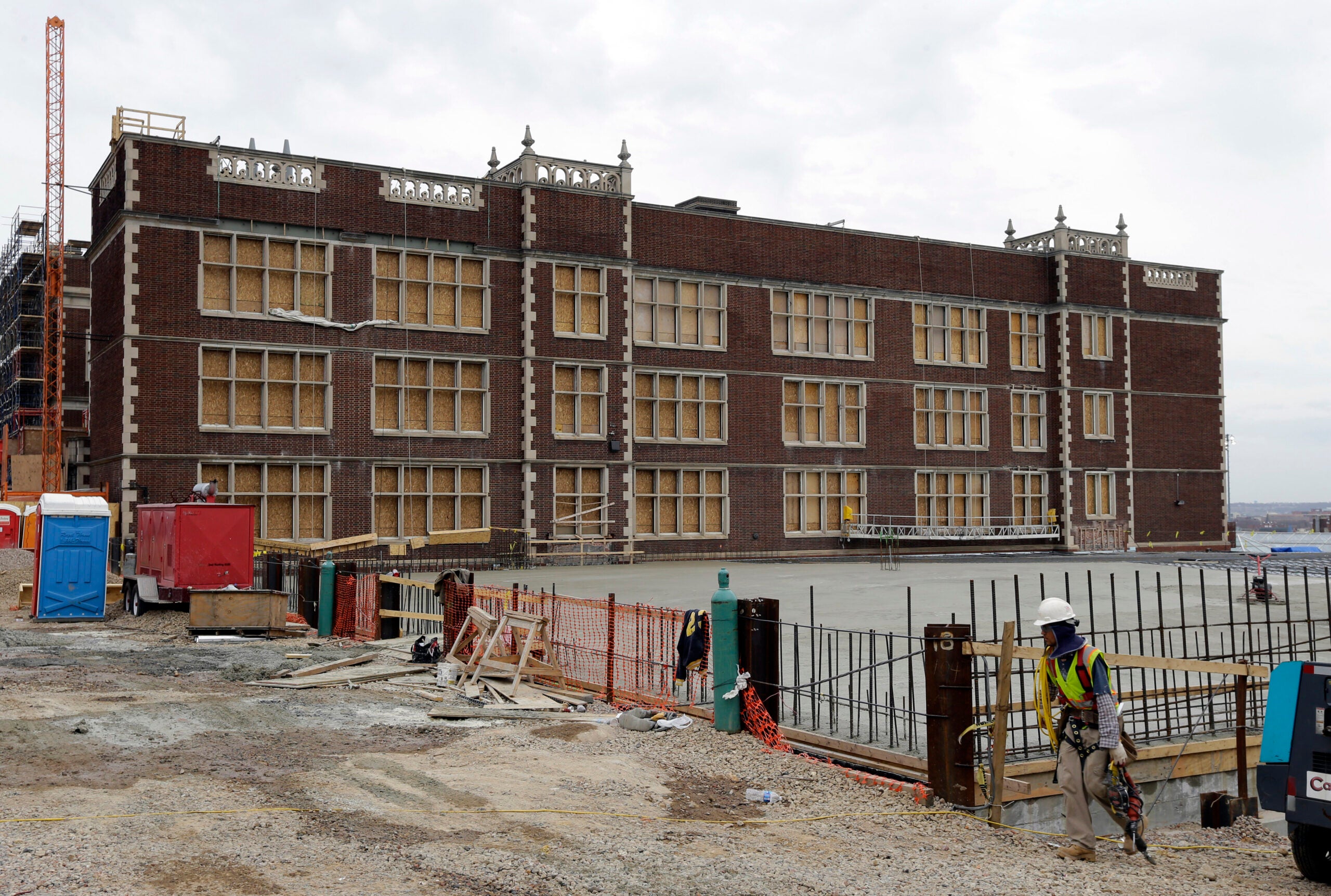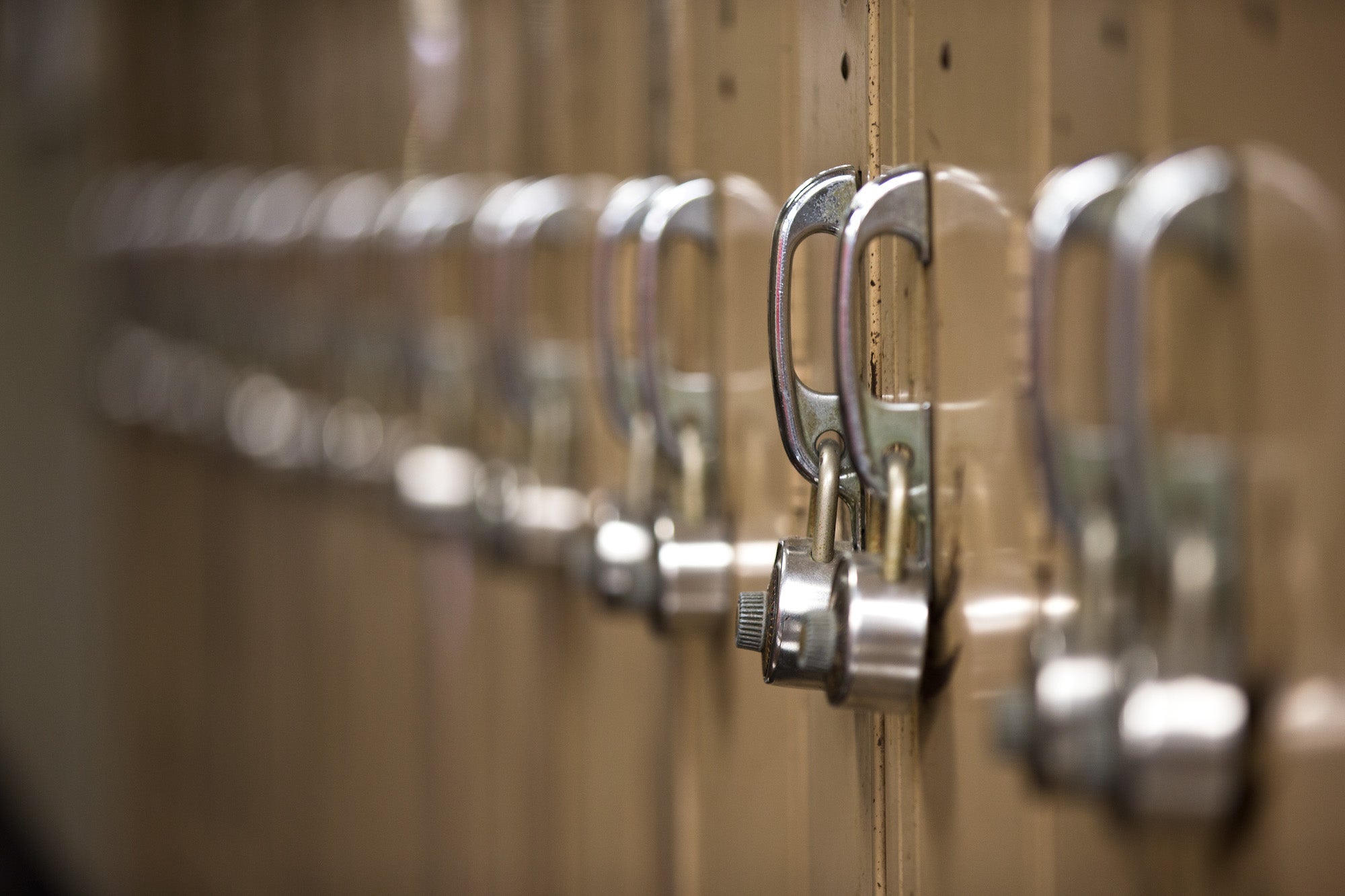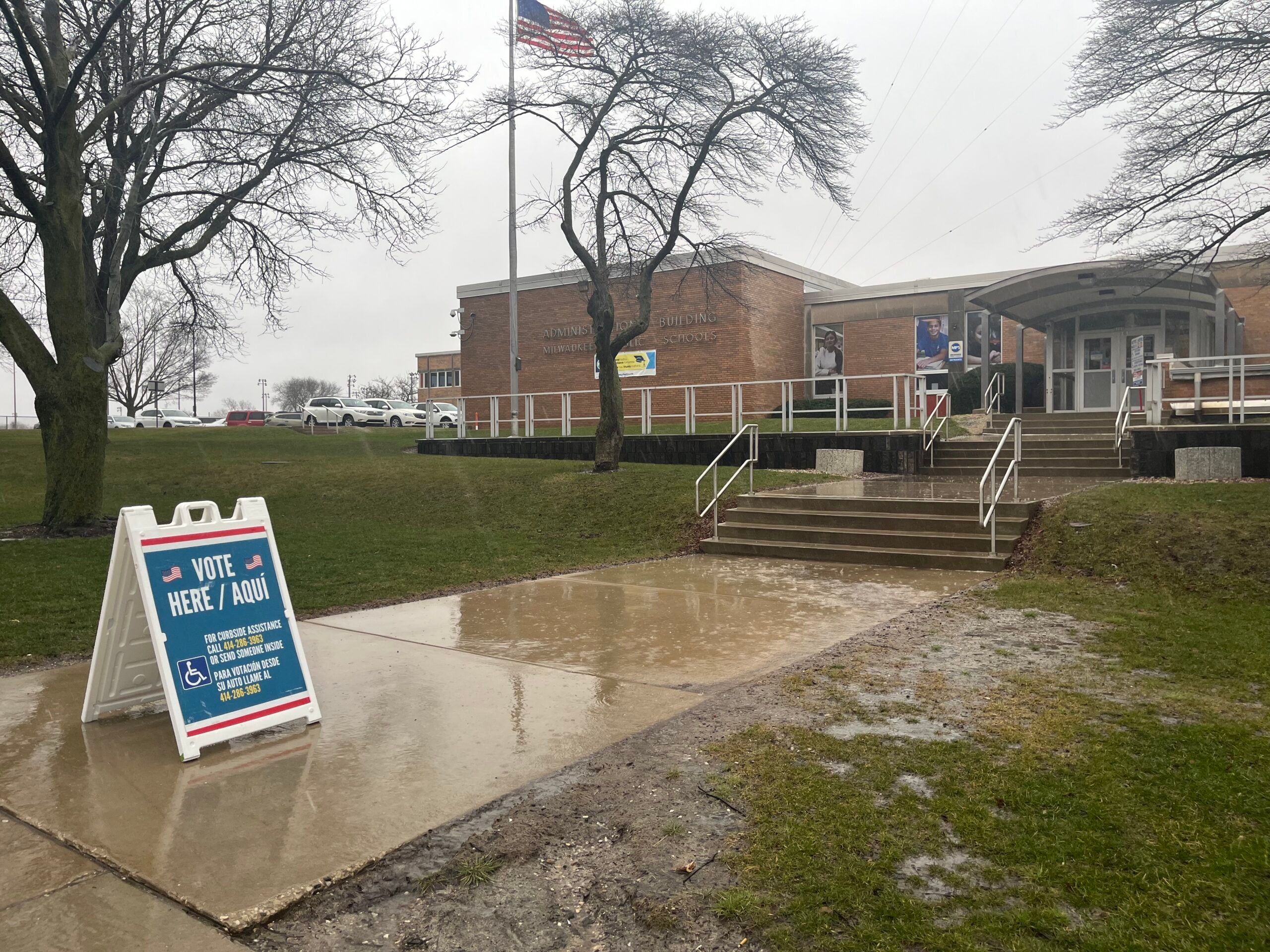School districts in Wisconsin would have to comply with competitive bidding requirements for construction projects costing more than $150,000 under a new legislative proposal.
Wisconsin is one of only three states that allows a project of any size to be awarded on a no-bid basis, according to data from the National Conference of State Legislatures.
Municipalities, meanwhile, have to seek a competitive bid for any project over $25,000. The same proposed legislation would increase that threshold for municipalities to $50,000.
News with a little more humanity
WPR’s “Wisconsin Today” newsletter keeps you connected to the state you love without feeling overwhelmed. No paywall. No agenda. No corporate filter.
During a public hearing Thursday before the Assembly Committee on Local Government, Chris Kulow, government relations director for the Wisconsin Association of School Boards, testified against the bill. He argued that requiring a competitive bidding process would take away local control.
Kulow said most school boards are already using competitive bidding. He said having to choose the lowest bidder could mean having to sacrifice the best quality.
“Currently, districts that have long-standing relationships with local contractors have the opportunity to work with them to negotiate deals that include spending resources locally, keeping those dollars in the community,” Kulow said. “They result in the hiring of parents whose children attend the schools. They want to do a good job, and they’re less likely to ask for extra charges.”
More districts asking for referenda to pay for capitol projects
Only Wisconsin, New Hampshire and Connecticut allow construction projects of any size to be awarded on a no-bid basis, according to the National Conference of State Legislatures. Wisconsin is one of 41 states that have no bidding requirements for supplies and equipment.
State Sen. Duey Stroebel, R-Cedarburg, one of the bill’s authors, said setting the minimum at $150,000 would make Wisconsin tied for the 12th most lenient threshold for construction and tied for the fourth most lenient for supplies and equipment.
Stroebel said competitive bidding would also prevent waste at a time when school boards have asked for an unprecedented amount of taxpayer money in the form of referenda.
In April 2022, November 2022 and April 2023, school districts held 103 capital referenda. Seventy-five of them passed, totaling more than $2.4 billion.
“There is nothing stopping any school district from awarding a no-bid contract, even in advance of referendum passage,” Stroebel said. “The potential for bad incentives on electioneering, feasibility studies and consulting work is also very real since the potential exists for unwritten understandings about who is guaranteed to get a contract. Sadly, this is a common occurrence.”
Minimum bid increase for municipalities could speed up projects
Marcie Rainbolt, government affairs associate with the Wisconsin Counties Association, testified that simple projects such as updating bathrooms to meet ADA compliance standards, take weeks longer than they should because of having to get competitive bids.
“Clearly, we all know the cost of labor and the cost of materials is way ahead of the pace and our competitive bidding is not keeping pace with those inflationary parts,” Rainbolt said. “For counties to be doubled would be a huge win for us. I think any increase would be a huge win for us.”
Similar bills to increase the minimum for municipalities and give school districts a bid requirement have been introduced by lawmakers since 2017, but have never made it out of committee.
The Wisconsin Counties Association originally wanted the threshold for municipalities to be raised to $100,000. The group then asked for $75,000. Rainbolt said they would be happy now with $50,000.
Minnesota just raised its minimum bid threshold to $175,000. Iowa’s is $100,000.
“We would love to be like our counterparts around us, but any increase would be a win,” Rainbolt said.
Wisconsin Public Radio, © Copyright 2026, Board of Regents of the University of Wisconsin System and Wisconsin Educational Communications Board.







